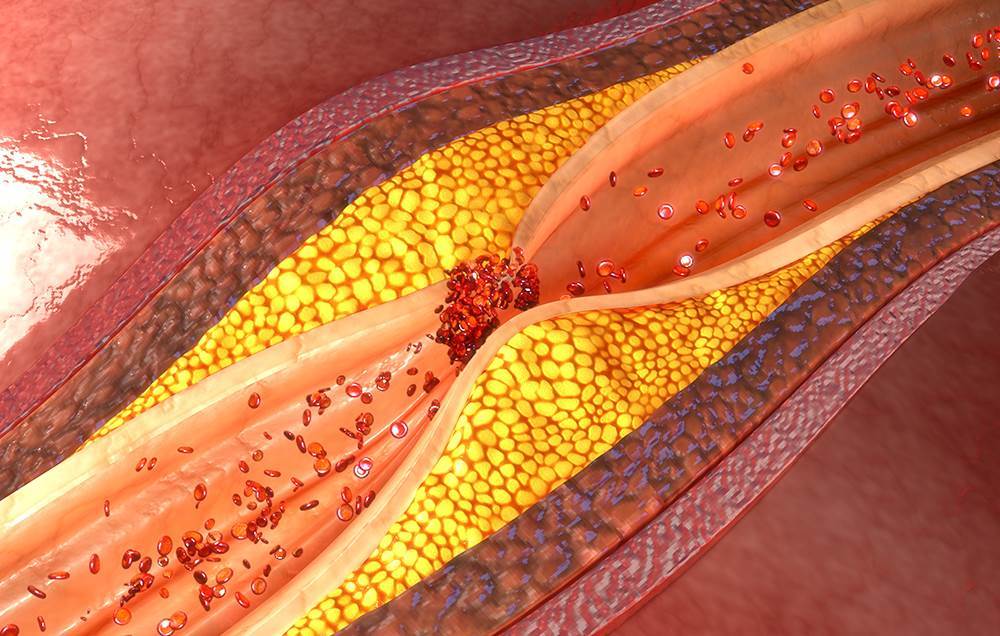Photograph by BSIP/UIG/Getty Images
Shortness of breath. Wheezing. Coughing. Chest tightness. If you had asthma, you'd know it, right? It turns out that it's not always that simple, and even your doctor can get it wrong. When Canadian researchers studied more than 700 people who had been diagnosed with asthma in the past five years, they determined that one-third of them didn't have asthma after all. Their study, published in JAMA, suggests that you might very well be treating a condition you don't even have—while simultaneously neglecting your real issue.
How could this happen? Lead study author Dr Shawn Aaron, a senior scientist at the Ottawa Hospital Research Institute, suspects that doctors are often relying on symptoms to make a diagnosis, but "asthma" symptoms can overlap with those caused by other health problems. He says that physicians ought to be conducting an objective spirometry test, but some are skipping this step.
The test is simple—you blow into a tube, and the doctor measures how quickly you blow the air out—but only half of the patients in Aaron's study were given one. "We think that doctors are taking shortcuts," he says. "Although we can't say exactly how many were misdiagnosed initially verses how many went into remission, we think a sizable proportion were misdiagnosed from the beginning."
If you've been told you have asthma but haven't had a spirometry test, see an asthma/immunology specialist to get tested now. "You wouldn't let a physician give you insulin to treat diabetes without testing your blood sugar," says Aaron. "Patients are accepting inhalers for asthma all the time without getting appropriate testing to confirm."
If it turns out asthma isn't actually what's making you cough and wheeze, it's time to do a little detective work. You might have one of the following conditions instead.





Hay fever
This is the top contender, as about 25% of people in the study who didn't have asthma had it. It's not unusual for hay fever (aka allergic rhinitis) to cause a runny nose, which in turn makes you to cough. See an allergist to find out if you need prescription meds or shots, or if some over-the-counter options might do the trick.
Heartburn
Gastroesphoageal reflux disease (GERD) allows stomach acid to rise up into your esophagus. While heartburn—that burning sensation behind your breastbone—is the most common complaint, it can also make you cough or feel like you have to clear your throat. And if you're doing that all the time, it might trigger asthma-like symptoms, says Dr Richard Lockey, a board-certified allergy, asthma and immunology specialist not associated with the study.
Anxiety
No, the symptoms aren't all in your head, but if you get panicky you can hyperventilate (breathe very quickly and deeply), which causes you to have too much carbon dioxide in your blood. The result: You feel like you're not getting enough air.
While some people with asthma also suffer from anxiety issues (and they can exacerbate each other), it's also possible that you don't have asthma at all. That was the case for a patient Lockey recently saw, who had been taking several medications for asthma. "I took him off all the [asthma] medication he was on and brought him to a psychiatrist," he says. "He gets chronic anxiety and panic attacks. That's not uncommon at all in our clinic." You may need to see a mental health professional to sort it out.
Deconditioning
It means you're huffing and puffing simply because you're in bad shape, and it's usually related to being overweight. "I send one person a month to a bariatric surgery clinic to get their weight down by 45 kilos," Lockey says. Once the weight is gone, so is the asthma.
There's been a lot of interest in the research community about an association between asthma and excess weight. According to Dr Laurel Stephenson, a pulmonologist at the University of Minnesota, asthma often goes hand-in-hand with obesity, but there's some evidence to suggest that sometimes it's only the weight that's the problem. (Asthma, by definition, is characterized by spasms in the airways.)
A serious heart or lung disease
While it's not especially likely, a small percent of people who believe they have asthma might instead have a heart condition like angina, a blocked trachea, pulmonary fibrosis, or pulmonary hypertension. You might also have COPD (emphysema or chronic bronchitis), though researchers who worked on the JAMA study tried to exclude people with COPD from the pool.










